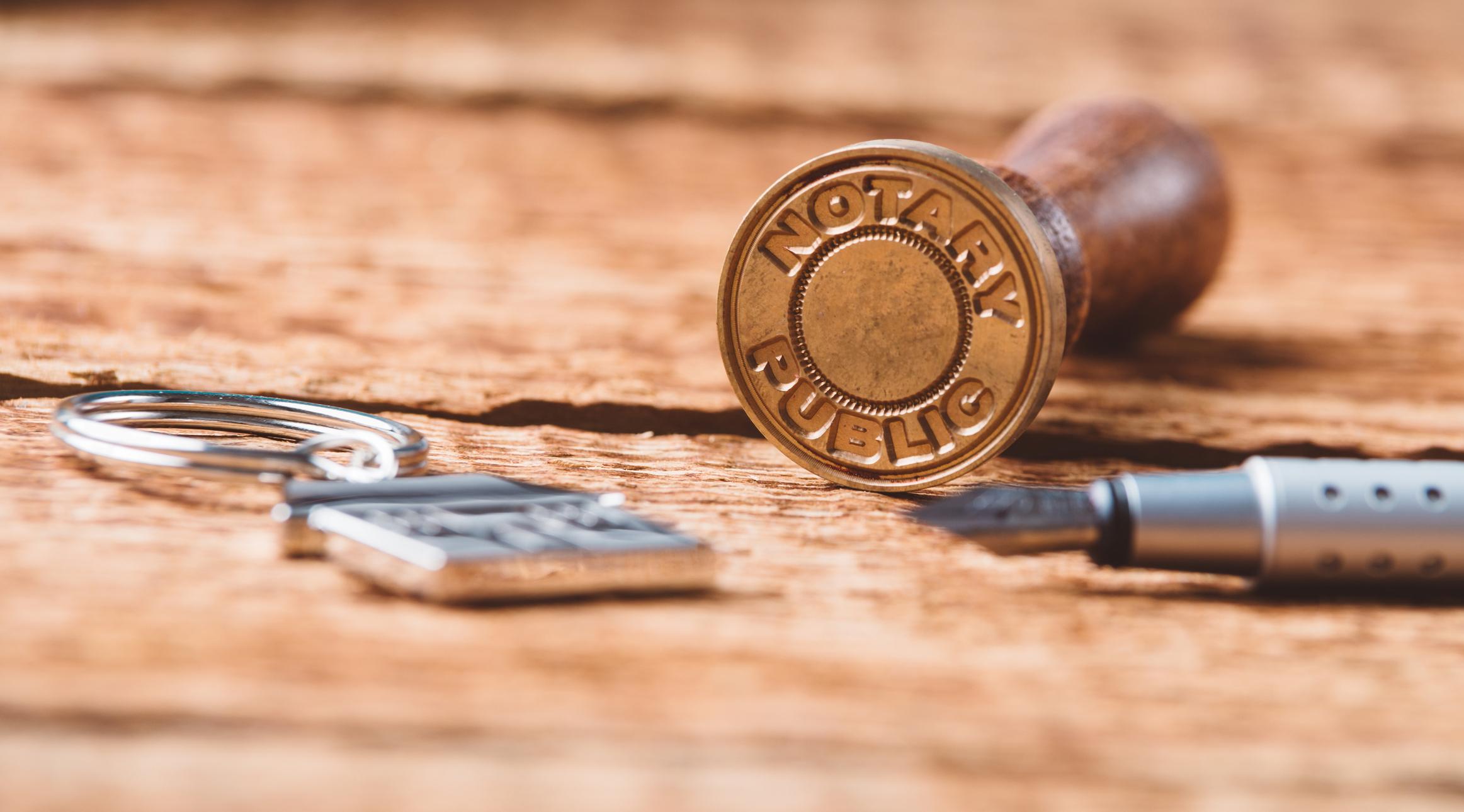Handling Deceased Estate Matters: Support Via Legal Procedures
Handling Deceased Estate Matters: Support Via Legal Procedures
Blog Article
Debunking Notarial Work: Streamlining the Role and Value of Notaries
In the elaborate internet of lawful documentation and verification, notaries stand as columns of assurance and authenticity. Their role, commonly shrouded in mystery for several, brings considerable weight in making certain the validity and integrity of important papers. As guardians of validity and fact, notaries play a pivotal component in our culture, yet their job is not constantly totally recognized. By unraveling the intricacies bordering notarial methods and losing light on the significance of their acts, a clearer understanding emerges of the essential role notaries play in upholding the fabric of legal and lawful arrangements.
The Background of Notarial Job
The history of notarial job dates back to old people, where scribes played an essential duty in tape-recording important details and verifying records. This led to the development of notaries, individuals designated by the state to act as neutral witnesses in legal issues.
Throughout the Center Ages, notaries acquired prestige in Europe, with their functions increasing to include composing lawful documents, licensing trademarks, and maintaining records. The surge of worldwide profession further stressed the importance of notarial job in verifying contracts and contracts throughout boundaries.
In the modern period, notaries continue to play an essential role in legal and organization deals by validating identities, validating the authenticity of documents, and protecting against fraudulence. Their duty in accrediting the credibility of agreements includes a layer of safety and depend the ever-evolving landscape of commerce and legislation.

Obligations and Duties of Notaries
The historical evolution of notarial work from old worlds to the modern era has actually formed the unique responsibilities and responsibilities that notaries maintain in lawful and company purchases today. Notaries play an important function in confirming the authenticity of records and the identification of notaries. Among their primary obligations is to witness the signing of important files, such as wills, acts, and contracts, to guarantee that all celebrations are participating in contracts purposefully and willingly. Notaries likewise confirm that signatories are of sound mind and not under duress or browbeating.
Moreover, notaries are entrusted with carrying out affirmations and oaths, which are crucial in legal proceedings and the execution of affidavits. They license copies of original files, supplying assurance to institutions that the copies are true reproductions of the originals. Notaries have to keep accurate records of all deals they look after to guarantee openness and accountability. In general, the responsibilities and obligations of notaries are essential in protecting the stability and legitimacy of different files and deals.
Notarial Certificates and Signatures
Exhibiting thorough attention to detail, notarial certifications and trademarks work as important elements in verifying the authenticity of lawful papers. Notarial certificates generally consist of critical details such as the day of notarization, the names of the signatories, a summary of the paper, and the notary's official seal. These certifications supply a clear record of the notarial act, ensuring that the document can be easily recognized and traced back to the notary who oversaw the procedure.
Signatures play a crucial function in notarial job, as they symbolize the agreement and authorization of the celebrations involved. Notaries carefully witness the finalizing of records to confirm the identity of the signatories and verify that they are authorizing of their very own totally free will. By attaching their official seal and trademark to the paper, notaries accredit that the necessary treatments have actually been complied with which the document is enforceable and legitimate.
Fundamentally, notarial certifications and trademarks are the trademark of credibility in legal deals, providing assurance to all events involved that the papers are legitimate and binding.
Value of Notarial Acts

Notarization Process Clarified
The registration procedure commonly starts with the private providing the file to a notary public. As soon as the identity is validated, the notary makes certain that the specific authorizing the paper does so voluntarily and without any type of coercion.
Verdict

Notarial certificates commonly include important details such as the day of notarization, the names of the notaries, a summary of the document, and the notary's main seal. These certifications give a clear document of the notarial act, ensuring that the file can be quickly recognized and mapped back to the notary that supervised the procedure.
By attaching their main seal and trademark to the record, notaries license that the required procedures have actually been followed and that the document is legitimate and enforceable.
By verifying the identity of the signatures, confirming their determination to enter right into the agreement, and licensing the day and place of the finalizing, notaries play an essential role in maintaining the legitimacy of legal files.After the record is signed, the notary will affix their official seal go to the website or stamp onto the paper.
Report this page